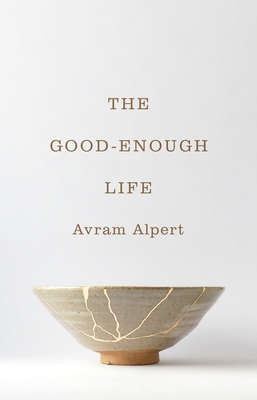What do you think?
Rate this book


336 pages, Hardcover
Published April 19, 2022
The choice is [between believing] that the narrative of life is a story of winners and losers, or that it is about the struggle to ensure decency and sufficiency for all.Alpert argues in this book for a change in society's orientation from a "greatness" worldview to a "good-enough" perspective. Greatness is characterized by a constant striving for success, whether financial, social, artistic, athletic, relational, or any other realm, a desire to be at the top of a necessary hierarchy. It's about comparing, judging, rating, and ranking people. Some are always better than others. A good-enough orientation, on the other hand, sees us all as connected and interdependent and only successful together, not as individuals. It does not mean just barely sufficient; it means everyone gets at least a good life and all needs are met--decency and sufficiency; good plus enough.
Whatever combination of solutions we rely on, they should all be compatible with the idea that everyone deserves decency and sufficiency, and that no one merits more than others.I love Alpert's ideas, some of the ways he articulates them, and how he applies the worldview across the board at the personal, communal, societal, and natural levels. I'm not convinced his names for the two orientations are effective and feel often he considers his ideas too vaguely and abstractly, having insular conversations with other philosophers and thinkers instead of with readers.